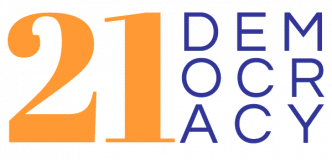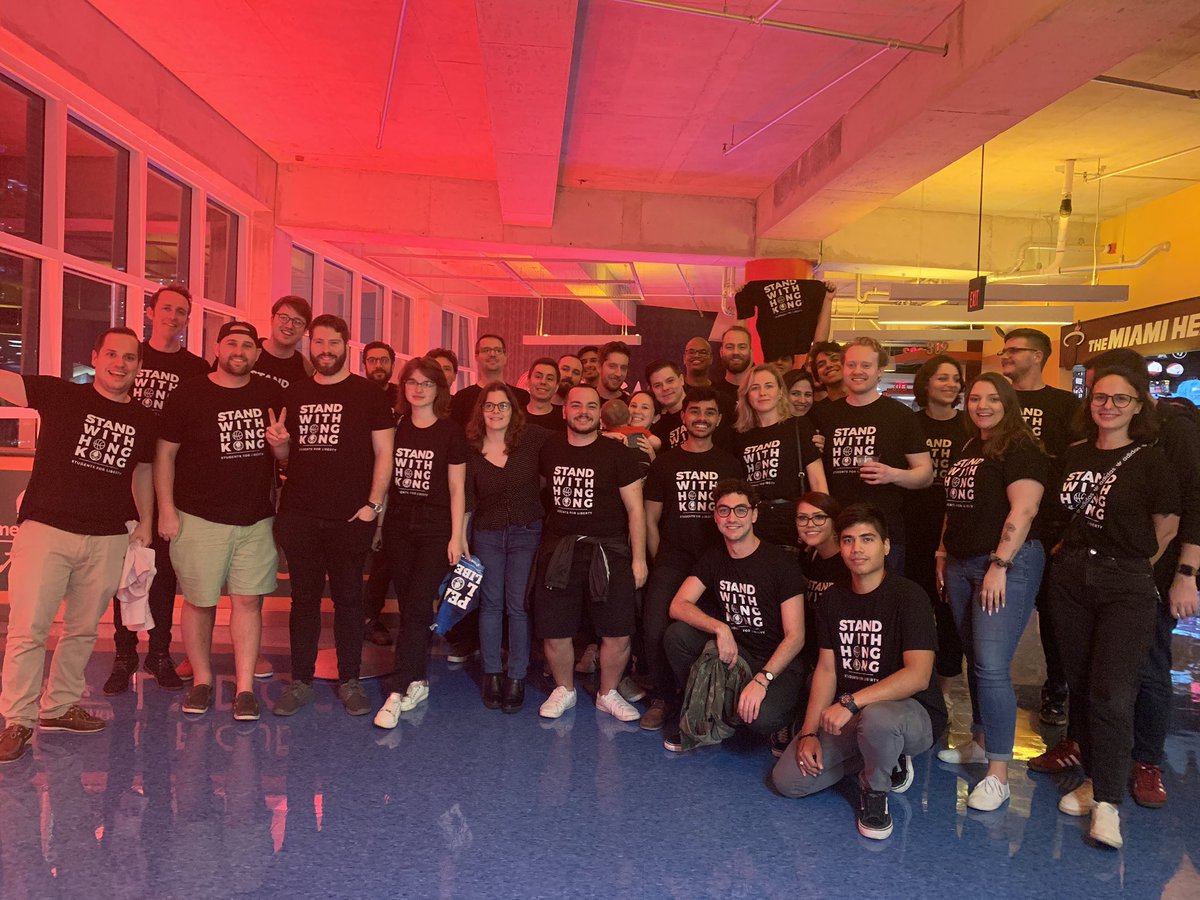Russian propagandists are constantly reinventing reality
Propagandists have proven to be highly adept in constantly reinventing reality in autocratic countries, particularly Russia, where the fact that reality has constantly debunked the Kremlin’s claims could not wholly shake Russian confidence in its war on Ukraine.
“Oceania had been at war with Eastasia and in alliance with Eurasia. But that was merely a piece of furtive knowledge which he happened to possess because his memory was not satisfactorily under control. Officially, the change of partners had never happened. Oceania was at war with Eurasia: therefore Oceania had always been at war with Eurasia”, wrote George Orwell in his novel 1984.
This was meant to symbolise a fictional world where those in power are highly successful in engineering their own reality, even when substantial changes occur that would normally be expected to shake the population’s trust in their own propagandists.
Unfortunately, real life has proved to be surprisingly similar to Orwell’s fictional world, as Russian propagandists have been trying to explain events on the battlefield in Ukraine.
On February 26, 2022, two days after Russia’s unprovoked invasion of Ukraine, a (now removed) text on the Russian state news agency Ria Novosti declared Russian victory, praising the Kremlin for restoring Russian unity and ending Ukraine’s existence as an “anti-Russia”.
However, total Russian victory soon became impossible, so there had to be a pivot to a new narrative. After all, based on Russian propaganda, the people at home should have been expecting their soldiers to come home soon.
So, an old narrative about NATO provoking war with Russia via its Ukrainian “subject” was refurbished. It was, in fact, NATO and its support for Kyiv that was leading to “military escalation”. In April 2022, RT head Margarita Simonyan, a key pillar of Russian propaganda, declared on Russian state TV that the country was “waging war against NATO”.
Managing expectations
The situation worsened for Russia when Ukraine launched a highly successful counter-offensive in the autumn of 2022, regaining significant lost ground. Propagandists were confused, blaming security services, Kremlin advisers, and the lack of general mobilisation. They, however, quickly returned to their previous claims about Russia being at war with NATO rather than Ukraine. “Brussels” was accused of prolonging suffering by supporting Ukraine and the West. Some claimed the war was lasting longer than expected because Russia “greatly cares about civilians”.
Elsewhere, actors who claim to support peace—such as Hungary’s government—claim that Ukraine has done “what it possibly could” on the battlefield; it could not advance. It stopped being sovereignbecause it could only function off Western money, so it should return to the negotiating table.
As such, expectations have been constantly redrawn by Russian or pro-Russian propagandists regarding the war. From a three-day battle, the expectations were changed because of an alleged fight with NATO or because Russia was “taking care of civilians”. Setbacks were explained by Russia not putting everything it had into the fight.
As of June 2023, the majority of Russians (73 per cent) support the actions of the Russian Armed Forces in Ukraine, according to a poll by Levada, and 54 per cent said the “special military operation” was progressing successfully.
However, only 40 per cent supported continuing military actions—down from 48 per cent in May. Even if we consider measuring public opinion in Russia extremely challenging, data suggest that the complete failure of the Russian armed forces in Ukraine still appears to be a success to most Russians, even though many want an end to the war.
Hearts and minds
It must be noted that the West is currently in an information war with the Kremlin for the hearts and minds of the people, especially Western populations; support for governments aiding Ukraine is not collapsing.
The Kremlin meanwhile is playing a long game, waiting for the exhaustion of the West and its abandonment of Ukraine. This war is deeply asymmetric. The West has barely any access to Russia’s information space, while Russia can (mostly) freely broadcast its messages in Europe and North America by circumventing sanctions or via intermediaries.
Additionally, populations of authoritarian regimes might be more resilient to war exhaustion due to their restrictive information environments.
Overall, the West needs to invest more into improving the resilience of its populations, not via repression but—instead—education, media literacy, and proper strategic communications by governments.
This is, of course, going to take longer than it took for the Kremlin to turn Russia into an autocracy. Investment in these strategic actions must start flowing right now.
Originally published here







